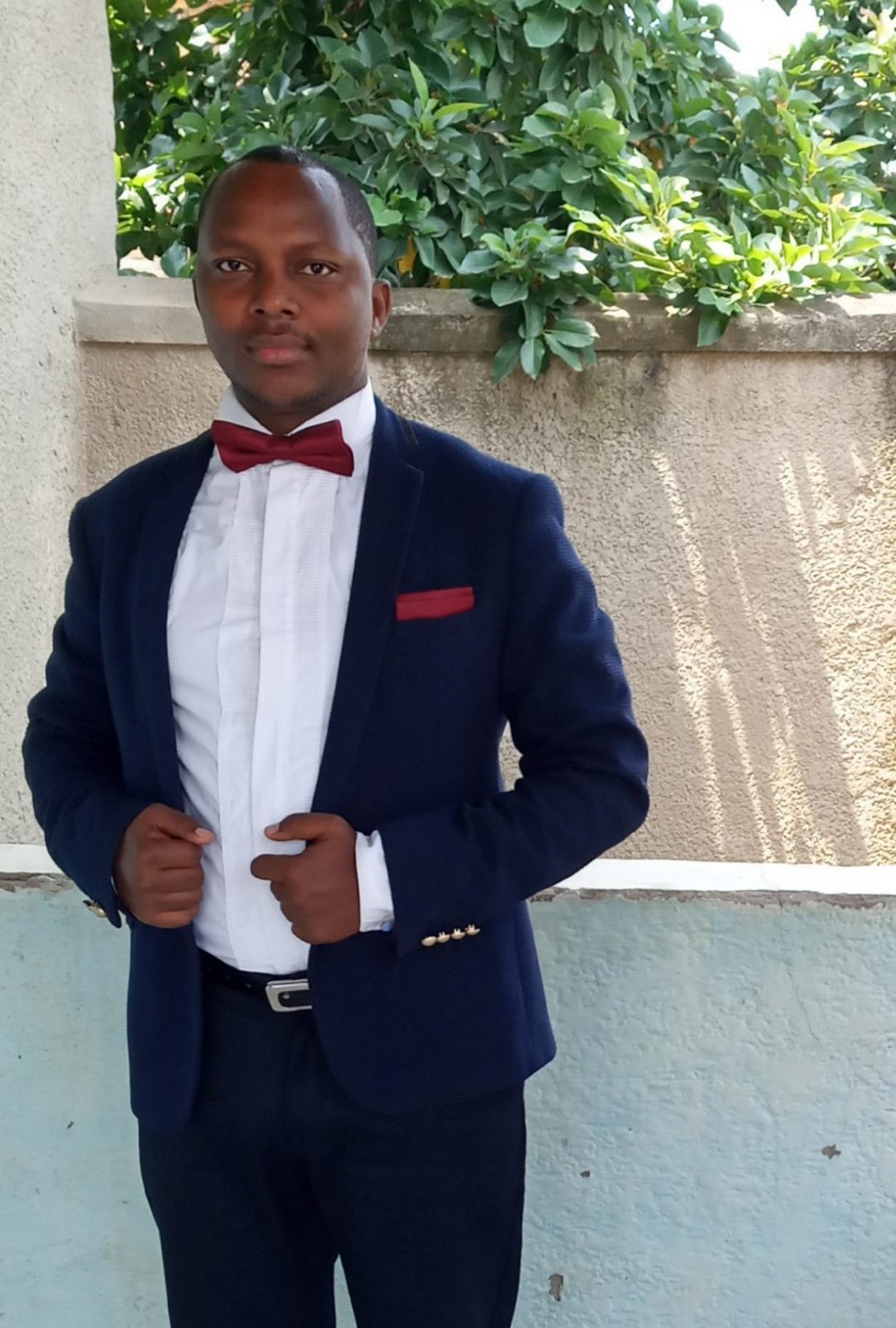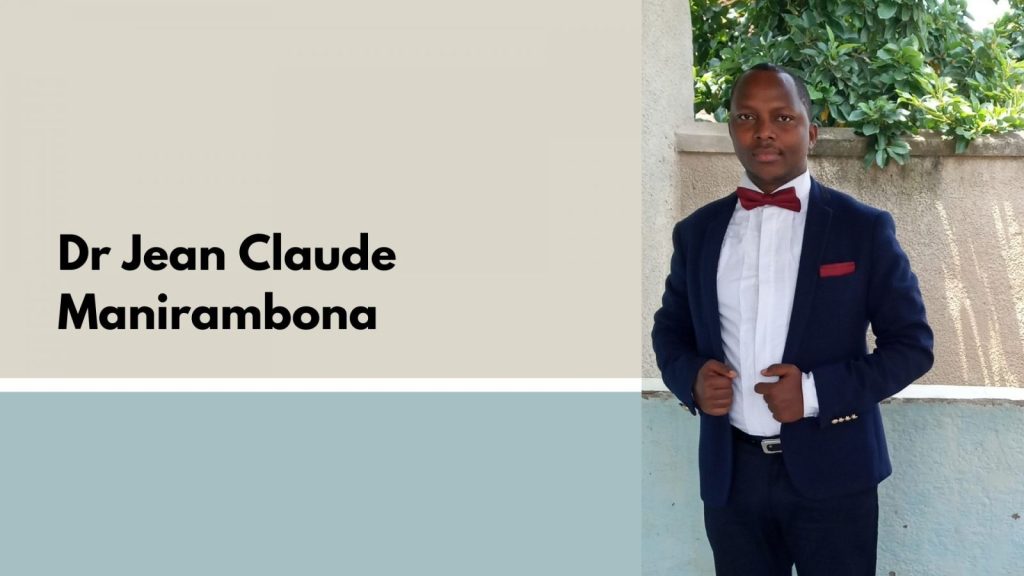Meet our new member, the Burundi Small Animal Veterinary Association
The Association Burundaise des Médecins Vétérinaires en charge des Animaux de Compagnie (ABMVAC Burundi) or Burundi Small Animal Veterinary Association joined the WSAVA as an associate member in 2020.
President Jean Claude Manirambona DVM, PhD is the WSAVA Member Representative and introduces the association:

Dr Jean Claude Manirambona
Is ABMVAC Burundi a new association?
Yes. As the head of a government veterinary clinic from April 2016, I had to deal with many cases of people being bitten by wild animals or dogs. I wanted to improve the situation and felt that the best way to do this would be to create an association for companion animal veterinarians. 13 veterinarians came together to found ABMVAC Burundi. In September 2018, we held our first general assembly, during which we adopted the association’s name and elected the first board members. We then started to prepare the necessary documents and finally obtained authorization from the Ministry of Home Affairs in Burundi in November 2019.
horizontal
Could you introduce yourself?
I studied for my veterinary degree in the Russian Federation from 2005 to 2011. In 2011, I returned to Burundi to practice as a veterinarian before working as a Provincial Veterinary Officer in one of Burundi’s 17 provinces. In 2012, I began studying for my PhD back in Russia.
In April 2016, once I had earned my PhD, I practiced in a state veterinary clinic for companion animals in Burundi. In 2018, I opened my own clinic, Alpha Vet Clinics Burundi. I am the first president of ABMVAC Burundi and Member Representative to the WSAVA.
3970,3971,3972
3
full
What are the key challenges faced by companion animal veterinarians in Burundi currently?
I am currently the only full-time companion animal veterinarian in Burundi. I have an almost fully equipped clinic, offering radiography, hematology and biochemistry analyzers, echograph, gas anesthesia machine and monitor. Most companion animal veterinarians and para-veterinarians work on an ambulatory basis and do not yet have the full range of equipment. The challenges we face are that:
- companion animal veterinary medicine is not perceived as valuable in the way it is in Western countries. I am working to educate people to change their mind as to the importance of our work
- our government does not fully recognize the importance of our work which means we have little status in society and do not earn a salary which reflects our knowledge and contribution
- the country suffers from a lack of veterinarians
- we lack high quality continuing education for veterinarians to help us keep pace with developments in veterinary medicine.
Why did ABMVAC feel it was important to join the WSAVA?
As a WSAVA member we hope to:
- participate in the WSAVA’s global community of passionate and highly professional colleagues
- learn from the meetings, training and experience of being together during events such as WSAVA World Congress (once we have emerged from the COVID-19 pandemic!)
- connect with like-minded partners who could assist us in reaching our goals.
Find out more about ABMVAC here
https://alphavetclinicsburundi.fr/
icon-globe
left
2

